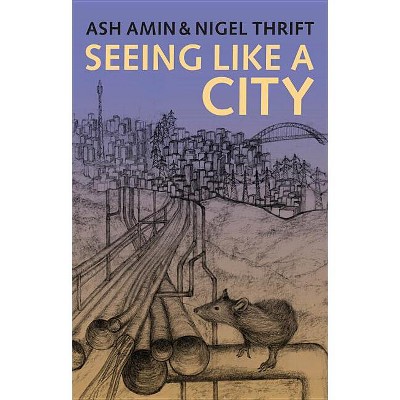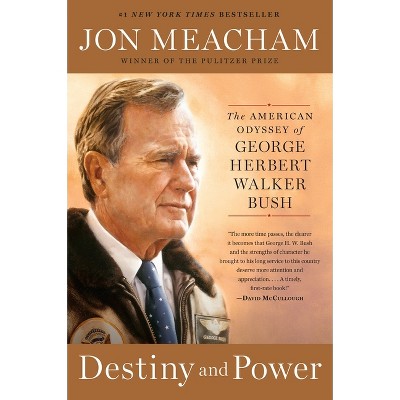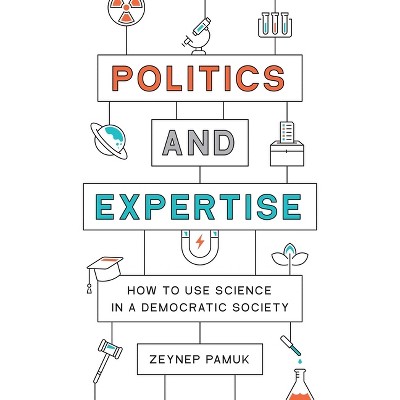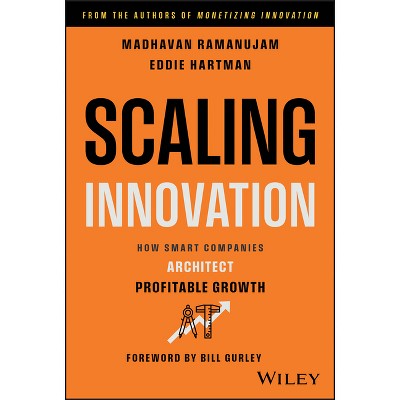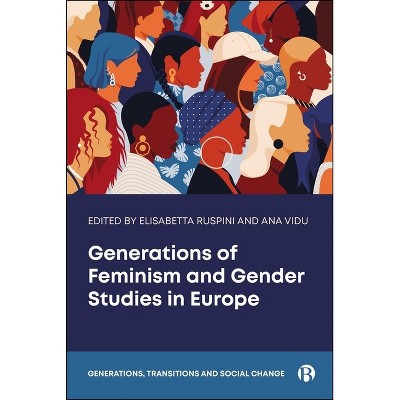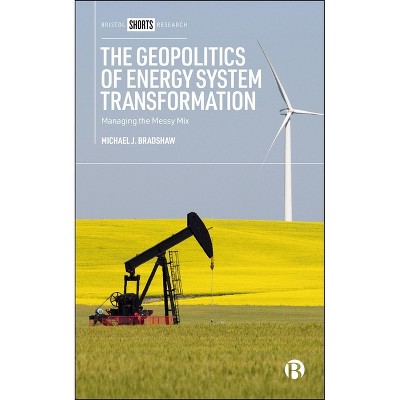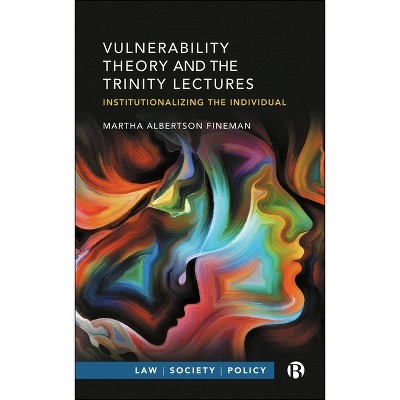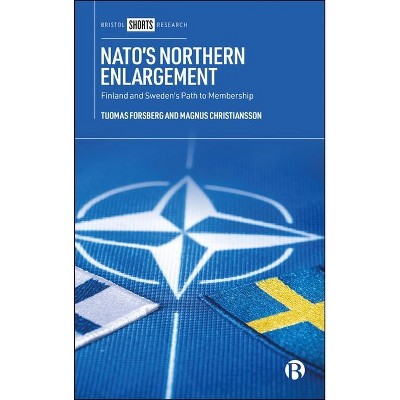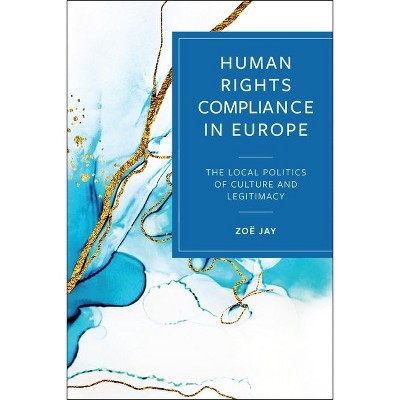Sponsored

Cities of Banal Warfare - by Sunč & ana Laketa (Paperback)
In Stock
Sponsored
About this item
Highlights
- Available open access digitally under CC-BY-NC-ND licence.
- About the Author: Sunčana Laketa is an urban geographer and social psychologist engaged in research on social exclusion in European cities.
- 140 Pages
- Political Science, Geopolitics
Description
Book Synopsis
Available open access digitally under CC-BY-NC-ND licence.
"Banal warfare" describes the ways in which the vision of the city--ridden with conflicts, terrorist attacks and disease--infuses everyday urban life, to the point of becoming invisible.
This book analyzes the impact of framing public emergencies and violences in Paris and Brussels as acts of war and how this normalizes militarism within urban contexts traditionally viewed as "non-war zones". It addresses how this process shapes urban governance agendas, constructs the notion of the "enemy within," and conditions everyday lives. From lockdowns to states of emergency, the book considers urban citizens' agency and resistance, and how to rethink notions of urban peace.
Review Quotes
"In Cities of Banal Warfare, Laketa masterfully reveals how warfare has become normalized in the everyday life of Global North cities, challenging the conventional understanding of urban conflict as something that happens 'elsewhere.' Through her careful examination of Paris and Brussels, she illuminates how these supposedly peaceful European capitals are deeply entangled in global mechanisms of warfare, from their colonial legacies to their current military infrastructures and interventions. Building on critical concepts like urbicidal violence and military urbanism, as well as her pioneering work on affective geopolitics, Laketa's theoretically innovative framework of 'banal warfare' dismantles the traditional war/peace binary. Her sophisticated analysis of war atmospherics and affective atmospheres significantly advances urban, feminist, and political geography through its critical examination of cities as sites of banal warfare, offering a crucial new perspective on how military logics and processes of urban destruction permeate city life, while also opening pathways to imagine atmospheric otherwise and possibilities for urban healing. As such, this book is a must read for those interested in urban space, everyday life, affect and geopolitics." Banu Gökarıksel, University of North Carolina at Chapel Hill
About the Author
Sunčana Laketa is an urban geographer and social psychologist engaged in research on social exclusion in European cities.Shipping details
Return details
Frequently bought together
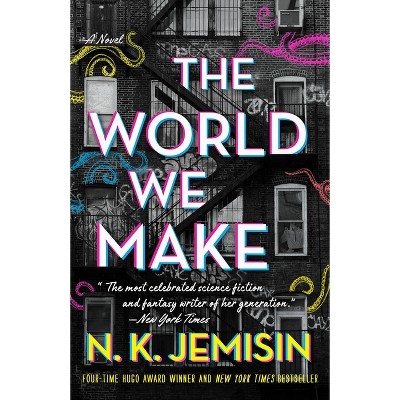
Trending Non-Fiction





